10 Factors That Surprisingly Don’t Have an Effect on Your Credit Score
There’s a strange mythology around credit scores, and these assumptions refuse to die. Many consumers still believe income, age, or even marital status play a role in shaping your credit score, but in reality, it only cares about how you treat borrowed money. That’s it.
Let’s break down these myths that have zero influence on your score, no matter how loudly they’re repeated.
Your Salary, No Matter How High or Low
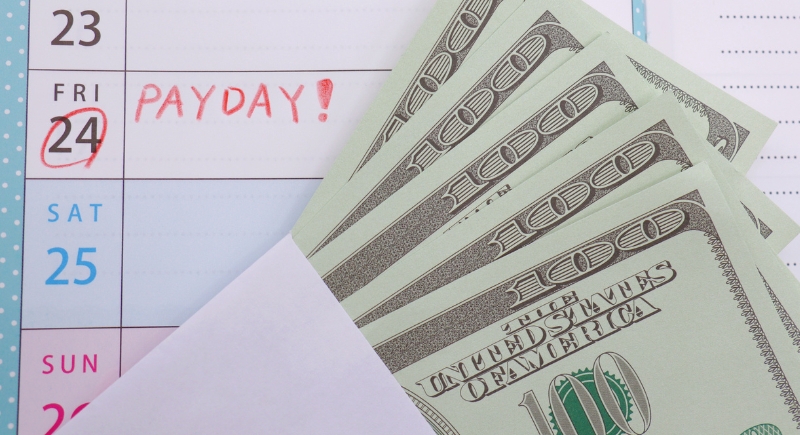
Credit: Getty Images
Your salary could swing from $20K to $200K, but your credit score doesn’t blink. Lenders might ask about income when you apply for a loan, but it’s not logged on your credit report or into the score. As mentioned earlier, only your borrowing behavior actually counts.
Job Loss or Changes in Employment

Credit: Getty Images
Losing your job won’t lower your credit score unless it leads to missed debt payments. Your employment history might appear in your credit report, but it’s only there to help identify you. It’s not considered when your credit scores are calculated, even if your work situation changes drastically.
Pulling Your Own Credit Reports
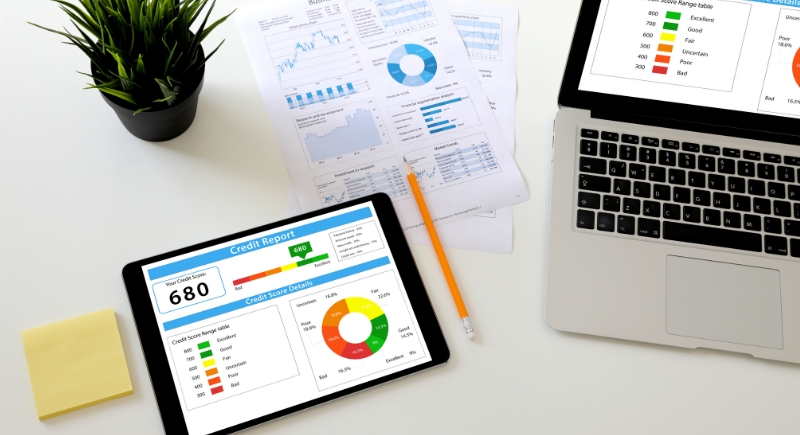
Credit: Getty Images
You could check your credit report daily, and your score wouldn’t drop a single point. These self-checks are called “soft inquiries” and don’t suggest you’re taking on new debt. Monitoring your credit can actually help you spot errors or fraud faster, so feel free to be nosy.
Personal Details, Like Your Age or Address
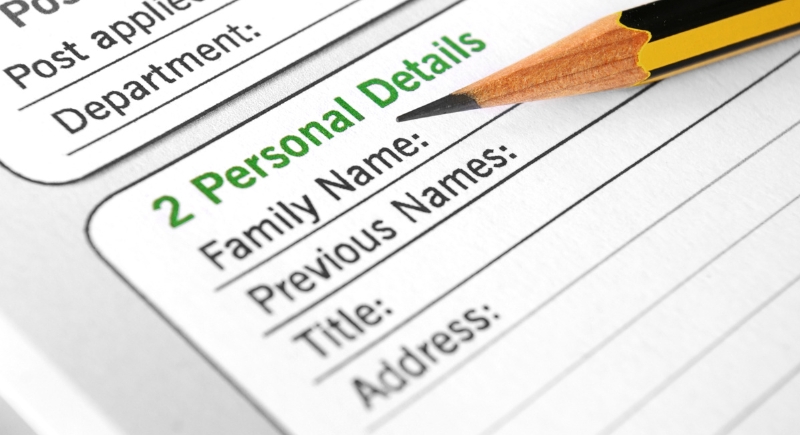
Credit: Getty Images
You can be 19 or 91, live in a studio or a mansion. None of those factors into your score. Your credit report includes personal details for ID purposes, but scoring models don’t use your name, age, address, or Social Security number. It’s all noise to the algorithm.
Using a Debit Card Instead of Credit

Credit: Canva
Spending with a debit card affects your bank account, not your credit profile. Since no borrowing is involved, debit card activity isn’t reported to the credit bureaus. The same applies to prepaid gift cards. Only traditional credit lines, like credit cards or loans, contribute to credit scores.
Marrying or Divorcing Your Partner

Credit: pexels
Getting married doesn’t merge your credit reports or scores with your spouse. Divorce doesn’t split them either. Each person keeps a separate credit report. Shared accounts can affect both of you, but the act of tying or untying the knot doesn’t touch your credit file.
High or Low Interest Rates on Accounts
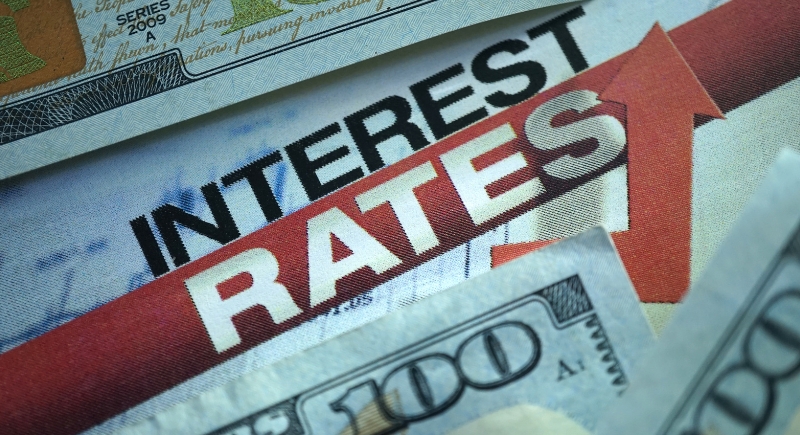
Credit: Getty Images
It doesn’t matter whether you pay 29% APR on a card or 3%. The interest rate doesn’t affect your score. What matters is whether you pay your bill on time. While a high annual percentage rate can make debt harder to manage, as long as payments are made as agreed, your scores remain unaffected by the rate.
Getting Denied for Credit

Credit: Getty Images
Credit denial feels personal, but your score doesn’t log the embarrassment. Only the “hard inquiry” from applying might cause a tiny, temporary dip. There’s no cumulative penalty for hearing “no” more than once.
Paying Non-Debt Bills on Time
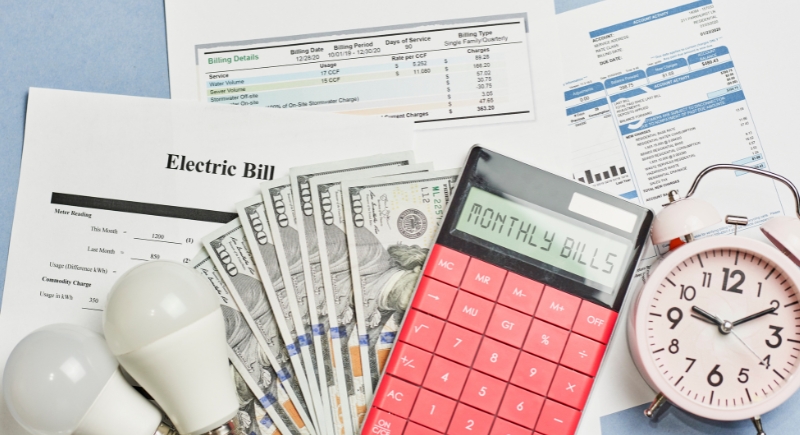
Credit: Canva
Paying rent, phone, or internet bills on time helps your peace of mind, not your score, unless the data is specifically reported to the credit bureaus, which is rare. These payments usually don’t make it into the credit system unless they’re unpaid and land in collections.
Paying Someone Else’s Debt

Credit: pexels
Paying off your cousin’s loan sounds like a generous thing to do, but the credit points don’t transfer. Unless your name is on the account as a co-signer or joint holder, the credit activity belongs to them. Your financial assistance won’t impact your own scorecard.
Disputing Inaccurate Information
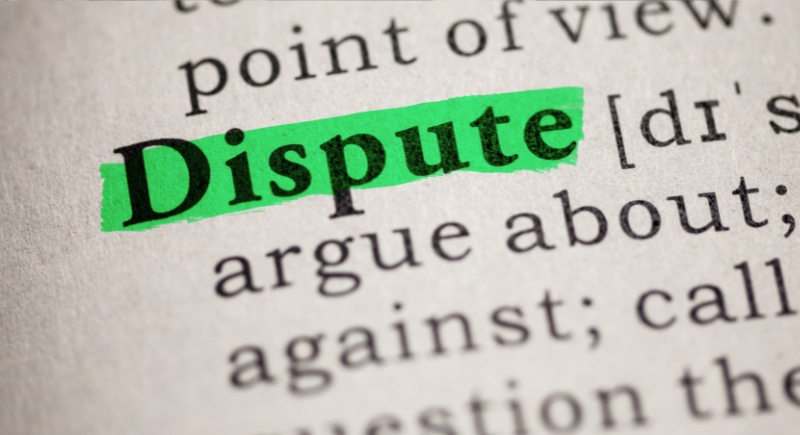
Credit: Canva
Filing a dispute for a mistake on your credit report doesn’t impact your score either. The process itself is not visible to the scoring model. If the info changes—say, a late payment gets removed—that can affect your score. But just challenging something doesn’t raise or lower anything.
Paying a Traffic Ticket on Time
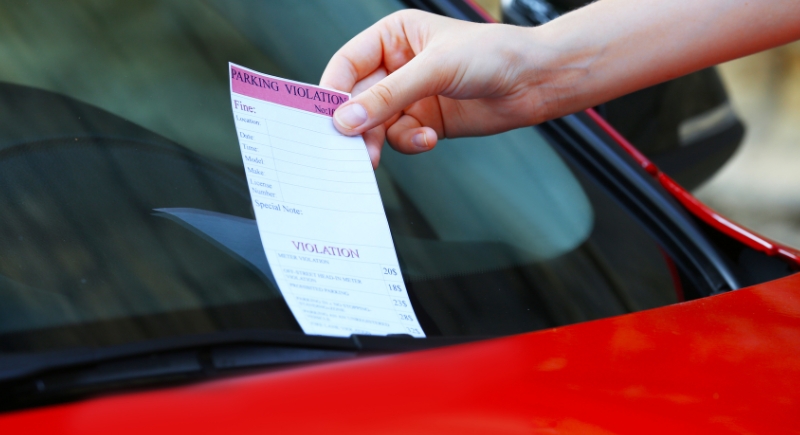
Credit: pixelshot
Parking tickets and speeding fines don’t belong in the credit world. As long as you pay them on time, they’re invisible to your credit score. Only if the ticket goes unpaid long enough to land in collections will it make its way into your credit report and become a problem.
Changing Where You Live

Credit: Getty Images
Addresses are mentioned in your credit file to help confirm your identity, but your location doesn’t influence how your credit is scored. Your real estate choice is a personal decision and has nothing to do with your credit score.
Using Savings or Investment Funds

Credit: Getty Images
Credit scores don’t peek into your savings, retirement funds, or investments. Draining your savings or shifting money between accounts doesn’t have a negative mark on your credit report. Just keep an eye on taxes or penalties, depending on the type of account.
Bank Account Mistakes Like Overdrafts
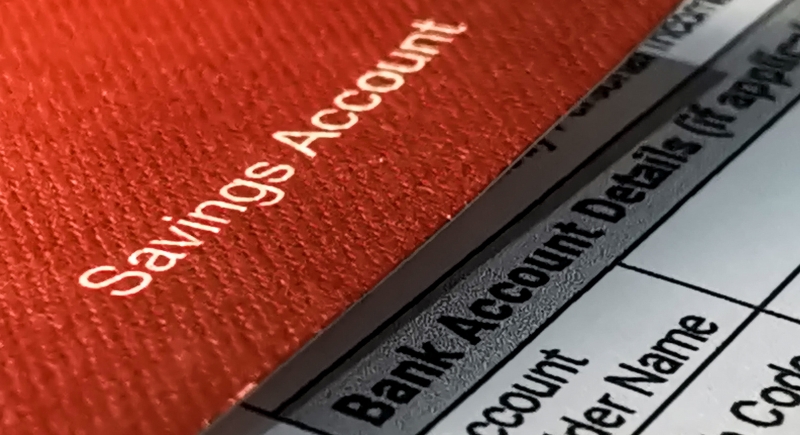
Credit: Getty Images
Overdrawing your checking account or bouncing a check won’t affect your credit unless the issue becomes a collections case. Banks typically report these problems to ChexSystems, not the credit bureaus. While such issues can stop you from opening a new account, they leave your credit scores untouched.